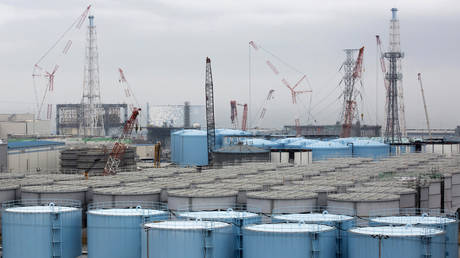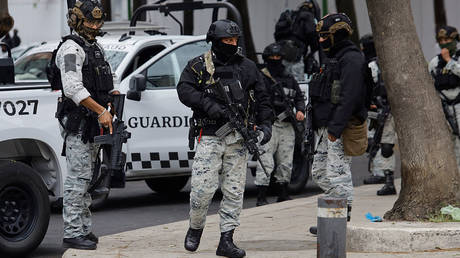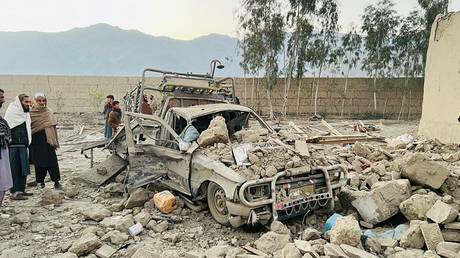
South Korea’s foreign ministry summoned Tokyo’s ambassador on Tuesday to protest the Japanese government’s decision to release more than one million tons of contaminated water from the Fukushima nuclear power plant into the sea.
Tokyo’s ambassador, Koichi Aiboshi, and South Korea’s second vice foreign minister, Choi Jong-Moon, held talks within hours of Japan confirming that the country’s cabinet had backed the plan to release the contaminated water that has been held in tanks for the past two years.
Japan’s decision has been opposed by industries that rely on the surrounding water, and by countries in the region, including South Korea, due to concerns about the environmental impact of dumping the water into the Pacific Ocean.
Choi chastised the Japanese ambassador for not being completely forthcoming with details of the plan to release the water, including how much of the contaminated fluid would be dumped and how quickly it would be released, according to the South Korean foreign ministry. The second vice foreign minister also expressed disappointment over the lack of talks between Japan and neighboring countries before the decision was made on how to dispose of the water from Fukushima.
“Our position is that a decision should not be made unless there is a clear assessment on what impact it would have on people’s health and the marine environment,” a South Korean foreign ministry official said after the meeting.
Japan’s ambassador publicly responded to South Korea’s concerns in a statement released to local media, claiming that simulations show “it will not have an adverse impact on the marine environment in the neighboring countries.”
The decision was expected despite the opposition that has emerged to it, with Japanese Prime Minister Yoshihide Suga calling it the “most realistic” option and “unavoidable” if the area around Fukushima is to recover.
The meeting between South Korea and Japan comes after the Chinese government issued a condemnation of Tokyo’s plan for similarly failing to consult Beijing about dumping the contaminated water. Speaking on Tuesday, the Chinese foreign ministry called Japan’s actions “extremely irresponsible” and warned they will “seriously damage international public health and safety.”
The water was contaminated after a 2011 earthquake sparked a tsunami that hit the Fukushima Daiichi nuclear reactors, taking their electric power offline and causing all three reactors’ cores to melt within days, in one of the most severe nuclear accidents that has ever occurred.
Think your friends would be interested? Share this story!




